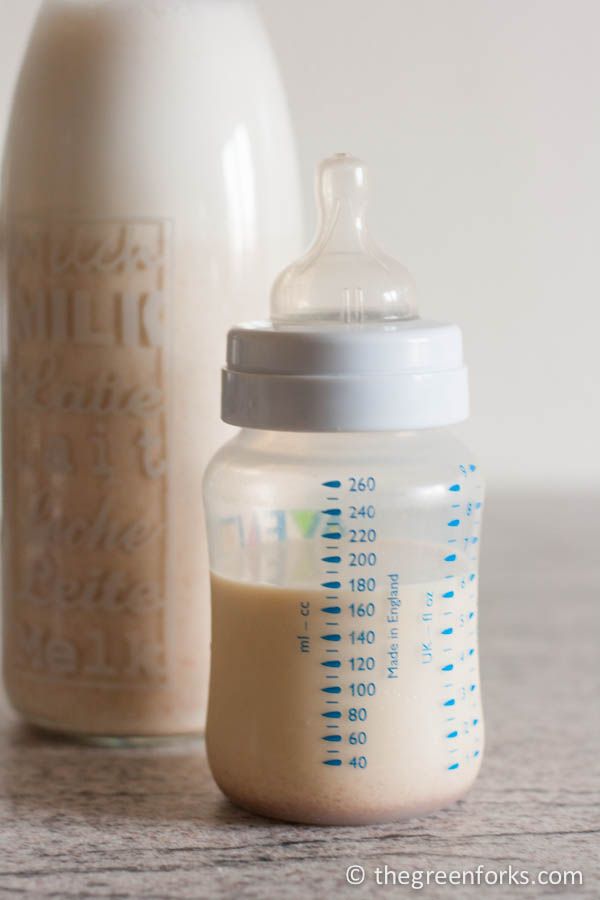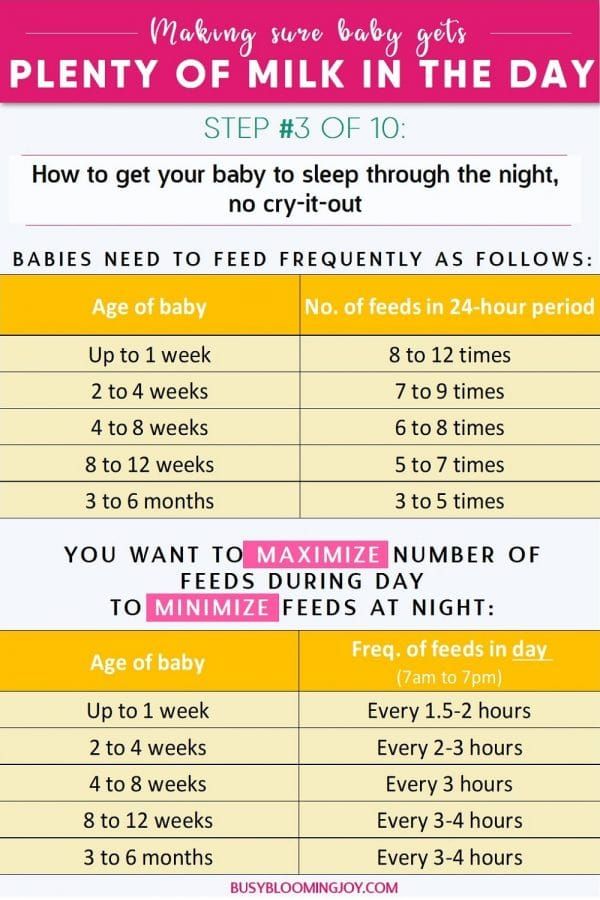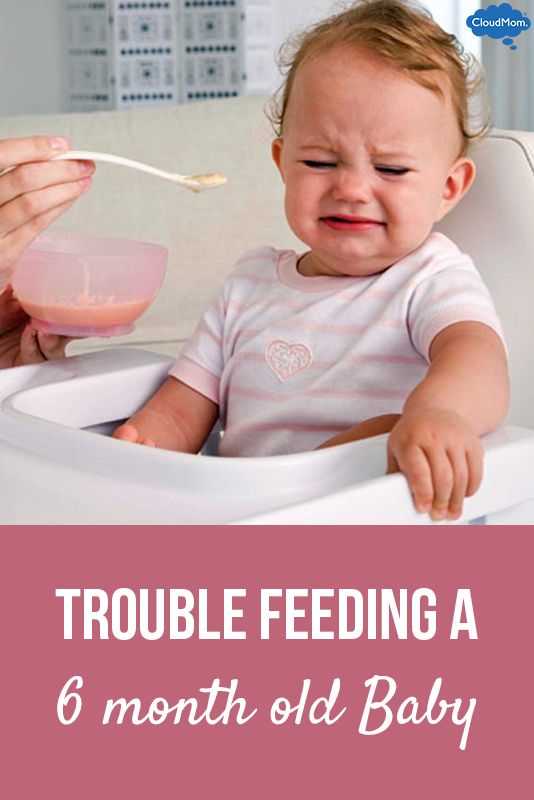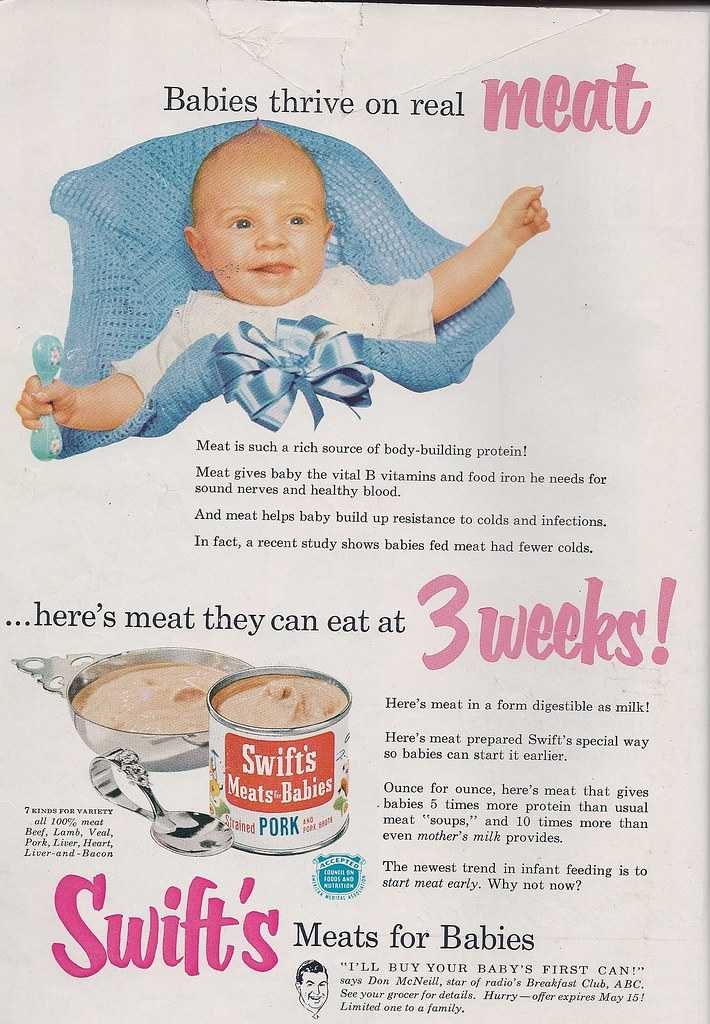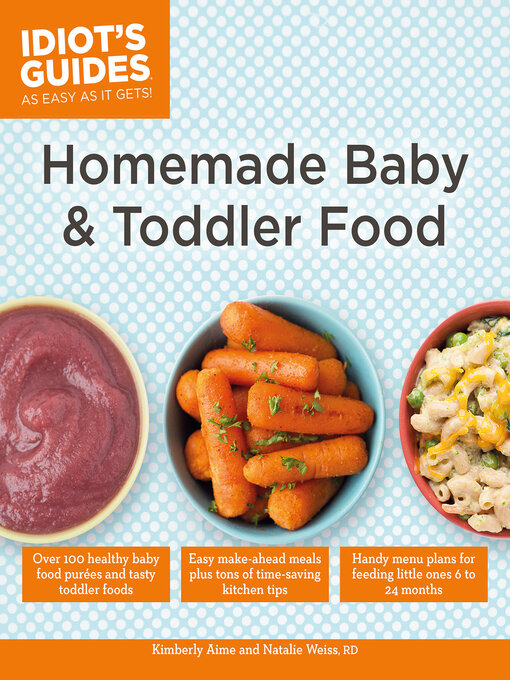Almond milk baby food
Almond milk for babies: Is it safe?
Almond milk is a common alternative to cow’s milk for adults, but developing babies have different nutritional needs.
Most doctors and the American Academy of Pediatrics recommend that babies less than 1-year-old drink breast milk or, if breast milk is not available, dairy- or soy-based infant formula unless otherwise advised.
Experts advise only introducing other milk, such as cow’s milk or almond milk, after a baby’s first birthday, as the specific nutrient profile in breast and formula milk is essential for development.
Almond milk can safely be given to most toddlers but is not a replacement for breast milk or infant formula.
Almond milk may be a healthful replacement for cow’s milk in some cases, but there are some nutritional differences to be aware of when making the switch.
Some people may give almond milk to children who are lactose-intolerant or if they avoid dairy for other reasons.
Toddlers can drink almond milk once or twice a day in between periods of breast-feeding or eating their other foods, but only when they are over 12 months old.
Almond milk is made of finely ground almonds and water. Other ingredients may include thickeners, sweeteners, and flavorings, such as vanilla. Many manufacturers also add nutrients, including vitamin A, vitamin D, and calcium.
Almond milk may be a safe supplement to a toddler’s diet, but no milk will compare to the nutrients provided by breast milk or infant formula.
Almond milk should not be used to replace breast milk or formula, as developing babies need specific vitamins and nutrients that these kinds of milk provide.
If anyone has any concerns that a child may be lactose-intolerant, talk to the child’s doctor. Lactose intolerance is more common in older children and adults than in babies and toddlers.
If using almond milk to supplement a toddler’s diet, ensure that:
- the milk is low in sugar or unsweetened
- the milk is fortified with calcium and vitamins A and D
- the baby consumes other forms of fat and protein
Ask a pediatrician about added ingredients, such as flavorings or thickeners.
It is also essential to find out whether the baby has a nut allergy. If relatives of the baby have nut allergies, it is best to avoid nuts altogether and ask a pediatrician before introducing any type of nut milk into the baby’s diet.
Share on PinterestDifferent types of milk vary in their nutritional content.
Nutritionally, cow’s milk and almond milk vary significantly. Some doctors recommend using whole cow’s milk for weaning babies from 1 to 2 years old because it has a high concentration of fat.
A single cup of whole milk contains about 8 grams (g) of fat, which the developing baby’s brain needs to grow. In comparison, unsweetened almond milk contains only 2.5 g of fat.
According to the same report, cow’s milk is also higher in protein than almond milk: 1 cup of whole milk contains almost 8 grams of protein, but 1 cup of fortified almond milk contains only 1 gram of protein.
However, if these fats and proteins are supplemented somewhere else in the baby’s diet, almond milk may be an appropriate substitute for whole milk in toddlers.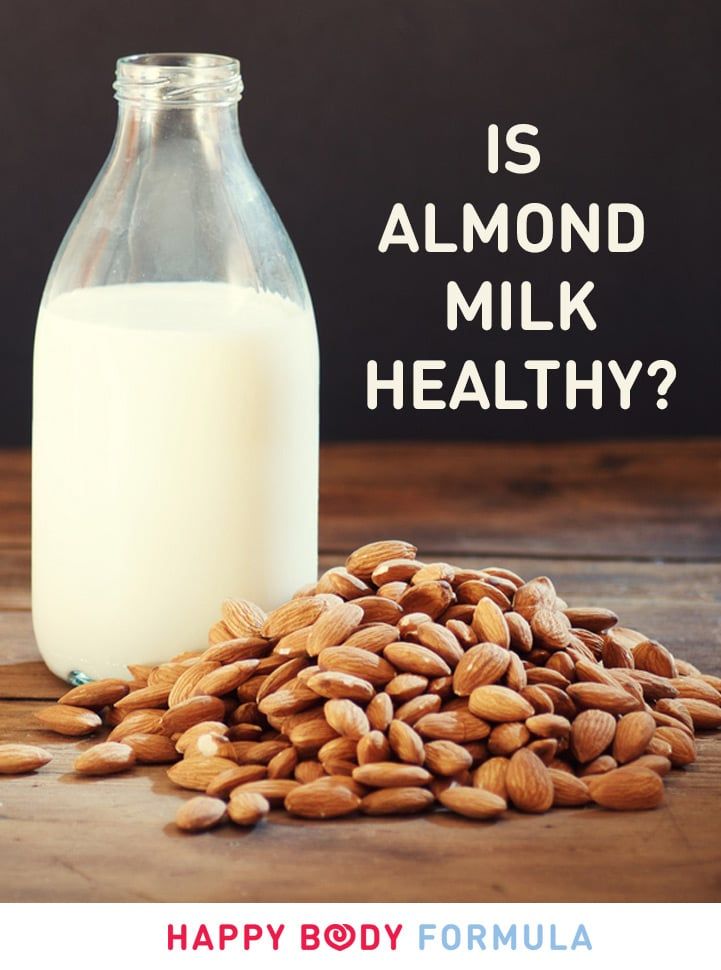
Cow’s milk is also higher in naturally-occurring sugars when compared to unsweetened almond milk. People should be cautious and look for unsweetened almond milk, as sweetened or flavored brands may contain more sugar than cow’s milk.
The other consideration is the differences in nutrients and vital minerals between the two types of milk. A cup of cow’s milk fortified with vitamins contains:
- 276 milligrams (mg) calcium
- 322 mg potassium
- 205 mg phosphorus
- 105 mg sodium
- 395 units (IU) vitamin A
- 124 IU vitamin D
The same amount of unsweetened almond milk may contain:
- 482 mg calcium
- 176 mg potassium
- 24 mg phosphorus
- 189 mg sodium
- 499 IU vitamin A
- 101 IU vitamin D
After a baby is 1 year old, milk of any kind should only supplement their diet, and it should not take the place of other whole foods.
Neither almond milk nor regular cow’s milk are good substitutes for breast or formula milk for babies under 1 year. At any age, if the child is breast-feeding, no other milk is necessary.
At any age, if the child is breast-feeding, no other milk is necessary.
Just as some babies may be allergic to nuts or almonds, some babies may also be allergic or intolerant to cow’s milk. If any members of the baby’s close family are lactose-intolerant, talk to the child’s doctor about what to give them to drink.
If almond milk does not sound like the right option, people who are looking for dairy-free alternatives to give their growing toddler may prefer other plant-based milk, such as:
- coconut milk
- rice milk
- hemp milk
- soy milk
- oat milk
- hazelnut milk
Before buying plant-based milk, always check to make sure they are fortified with vitamins and minerals and are low in sugar.
Share on Pinterest1-year olds should not fill up on liquids too often.
Almond milk fortified with vitamins and minerals can be a safe supplement to a toddler’s diet. However, added ingredients such as thickeners and sweeteners are not ideal for a child.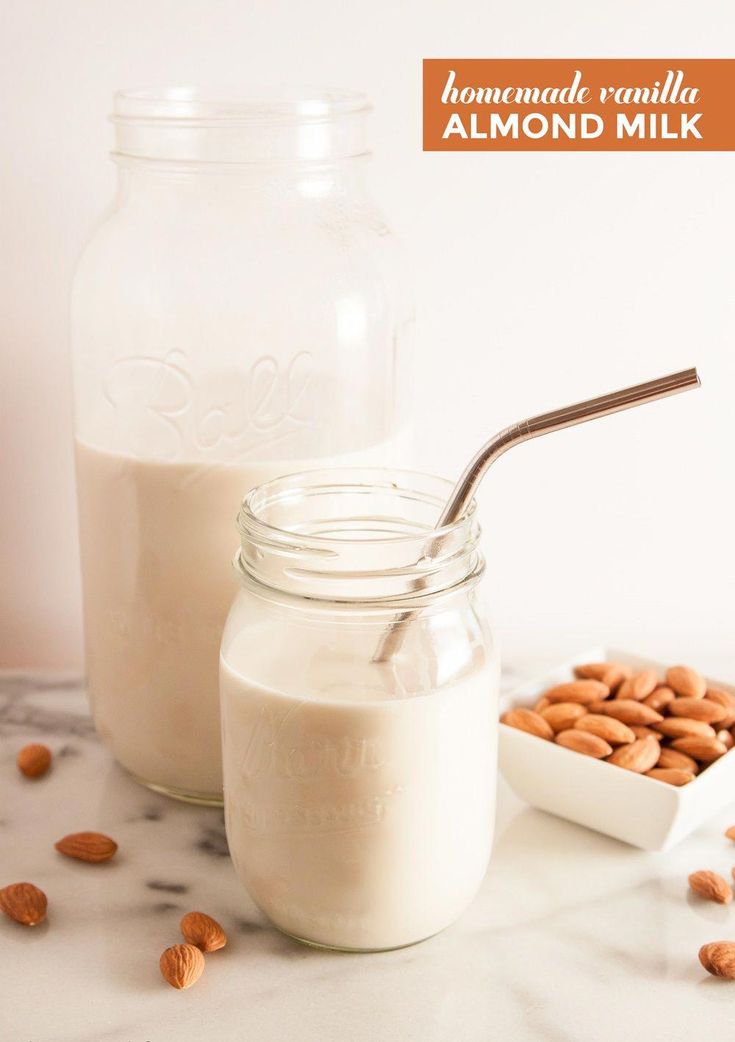
Almond milk is low in both fat and protein content, and a toddler who is drinking almond milk will need to consume plenty of fat and protein in their diet from other sources.
Babies may have an allergic reaction to nut milks, so always talk to a doctor before adding almond milk to the diet.
Once they are 1 year old, babies should have no more than 16 to 24 ounces of any milk (other than breast milk) per day. It is essential that toddlers over 1 year old get most of their nutrition from foods and do not to fill up on liquids that do not give them balanced nutrition.
Adding one or two servings a day of fortified almond milk to a well-rounded diet is a safe alternative to cow’s milk in developing early toddlers.
Do not give cow’s milk, almond milk, or types of milk to toddlers until their first birthday. Babies younger than this should only have breast milk or infant formula.
Can Babies Have Almond Milk?
We’re supported by moms. When you buy through links on our site, As an Amazon Associate, I may earn a commission.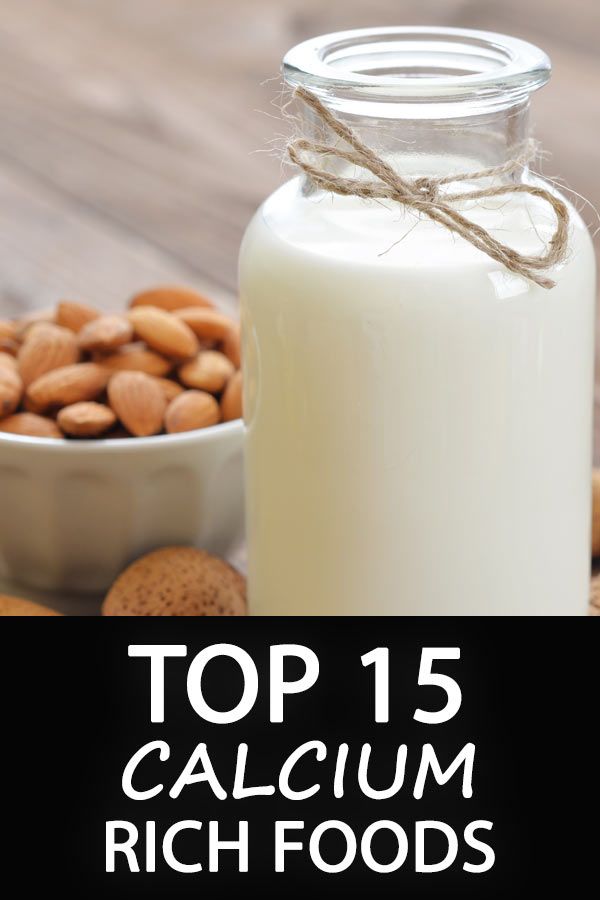
Almond milk doesn’t have lactose in it, which babies under a year old are not supposed to have. It’s packed with vitamins and nutrients. But, is it safe to give babies almond milk? It’s not recommended for babies under one year old.
Table of Contents
- 1 Babies Under One Year Old Need Breastmilk Or Formula
- 1.1 Giving Babies Other Things Can Put Them At Risk For Nutritional Deficiencies
- 2 Babies Can Have Small Amounts At Six Months
- 3 Using Almond Milk Instead Of Cow’s Milk
- 3.1 Almond Milk Has Fewer Calories
- 3.2 Almond Milk Has Almost No Carbs
- 3.3 Almond Milk Has 1/4 Of The Protein In Cow’s Milk
- 3.4 Natural Almond Milk Does Not Have Any Vitamin D, But Most Cereals Do
- 3.4.1 Sunshine Helps You Naturally Produce Vitamin D
- 3.4.2 Open The Windows
- 3.4.3 Vitamin D Rich Foods
- 4 FAQs
- 4.1 Can I give my six-month-old almond milk?
- 4.2 Can babies have almond milk in food?
- 4.
 3 Can I mix almond milk with baby cereal?
3 Can I mix almond milk with baby cereal?
- 5 In Conclusion
Babies Under One Year Old Need Breastmilk Or Formula
Children under one year old should not have almond milk, but it’s not because it’s dangerous.
Instead, children in this age range should not have almond milk because they need the vitamins and nutrients that are found only in breastmilk and formula.
This helps them grow and develop at a healthy rate. Without it, infants are at an increased risk of being developmentally delayed.
Giving Babies Other Things Can Put Them At Risk For Nutritional Deficiencies
When babies are hungry, they need formula or breastmilk. Giving them anything else in their bottles, such as water or almond milk, can put babies at a risk for nutritional deficiencies.
This is because babies get all of the nutrients they need from their formula and breastmilk.
When their stomachs are full of water milk or almond milk, babies do not drink as much formula. That means they are not getting the vitamins and nutrients that they need.
That means they are not getting the vitamins and nutrients that they need.
Babies Can Have Small Amounts At Six Months
Pediatricians recommend that babies do not have anything other than formula or breastmilk until they are at least six months old. After that, it’s safe to introduce first-stage baby foods to your little one.
At this age, you can also give them small amounts of things like water and almond milk in a cup. However, make sure that you limit these amounts.
You don’t want to give them so much that they are not drinking enough formula or breastmilk.
Using Almond Milk Instead Of Cow’s Milk
Most parents that would like to give their little ones almond milk would prefer to substitute cow’s milk. This could because they are vegan or perhaps their little one has a milk allergy. There is nothing wrong with this idea.
Almond milk is packed with vitamins and nutrients that can benefit your baby. However, there are some key vitamins and nutrients that it is lacking when it is compared to cow’s milk.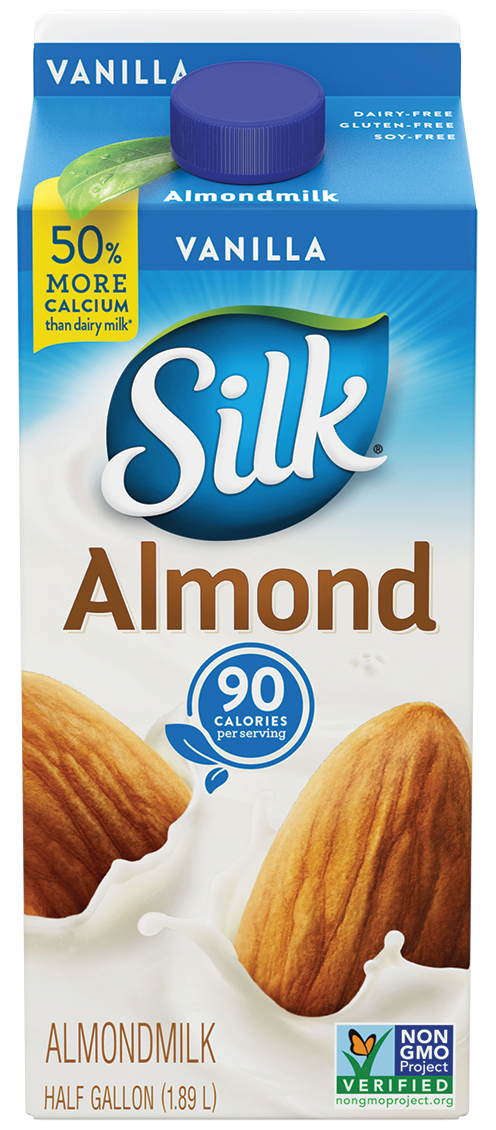
This is why substituting puts your baby at a higher risk for nutritional deficiencies. You’ll want to make sure that you know which vitamins to include in their diet, and where to get them from to keep your little one healthy.
Almond Milk Has Fewer Calories
While that might seem like a great thing, your baby needs calories. Everyone does. A cup of almond milk that is unsweetened only has about forty calories compared to the 150 that are in cow’s milk.
It’s recommended that a one-year-old have approximately 1000 calories per day. If your little one isn’t getting enough calories in per day, consider these ideas:
- Pediasure (this worked wonders when my littlest wasn’t eating enough due to her ADHD medicine)
- Offer higher calories foods first
- Consider offering higher calories fruits and vegetables, like sweet potatoes and bananas
- Lentils are a great vegan option for more calories
- Just 1/8 cup of avocado provides almost 50 calories
Another great idea is to mix foods together to increase both the nutritional value and the number of calories.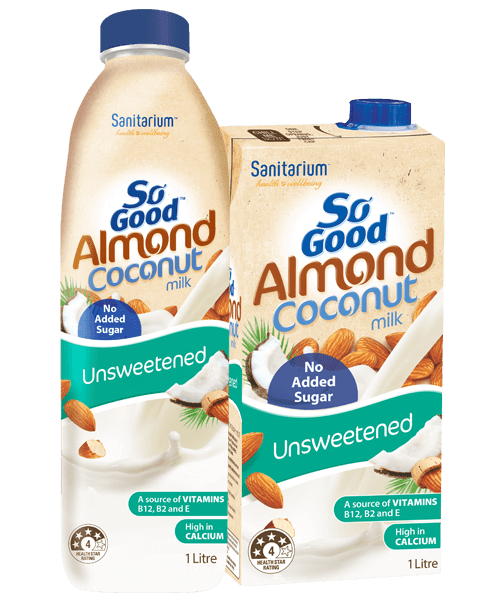
For example, mixing avocado with mashed bananas is a snack that most babies love, and it’s packed with nutritional benefits. Snacks like this are also a great idea for vegan babies.
Almond Milk Has Almost No Carbs
View in gallery
Just like calories, our body needs carbs. We use them for energy. Your one-year-old baby more than likely needs about 90 grams of carbohydrates per day.
The one gram that you can get from a cup of almond milk is not going to help reach that goal. Keep in mind that this is a rough estimate.
To calculate exactly how many carbs your little one needs, check out this website. These foods are healthy, and higher in carbs to help you meet your baby’s nutritional needs:
- Oats
- Bananas
- Sweet potatoes
- Oranges
- Blueberries
- Apples
Most fruits are higher in natural sugars and carbohydrates. This is why they aren’t recommended for a low-carb diet. However, they are a great idea for making sure that your baby is healthy and has the carbs that they need.
Almond Milk Has 1/4 Of The Protein In Cow’s Milk
This is another area where you’ll need to compensate for the nutrients that aren’t in almond milk. Protein is important for the body to grow and repair itself.
It’s recommended that one-year-old’s have at least eleven grams of protein a day. Once your little one hits their toddler years, they will need thirteen. Other foods that are high in protein include:
- Eggs
- Using cow’s milk for cooking adds protein to the meal
- Chicken breast
- Greek yogurt
- Fish
- Seafood
- Lean beef
Unfortunately, you’ll find that most of those are animal products. While animals provide us with a great source of protein, that’s not ideal for vegan families. Other sources of protein if you’re going vegan include:
- Beans
- Broccoli
- Tofu
- Lentils
- Chickpeas
- Green peas
The above vegan foods are also great if you have a little one that cannot tolerate gluten or lactose as well.
Natural Almond Milk Does Not Have Any Vitamin D, But Most Cereals Do
Most kinds of milk, such as whole milk, are fortified with Vitamin D before they hit the shelves. There are versions of almond milk that are also fortified with Vitamin D to make sure that people get their daily recommended amount.
However, this isn’t always the case. I use almond milk that is not sweetened or fortified with anything.
Thankfully, you don’t have to stray away from being as natural as possible with your food choices to get your vitamin D. Supplements are a great source of vitamin D, but often aren’t recommended for little ones.
Most infant cereals are fortified with Vitamin D. Once your little one gets older, you’ll quickly notice that there are a lot of foods on the market that have an additional dose of vitamins and nutrients in them.
Sunshine Helps You Naturally Produce Vitamin DVitamin D is often referred to as the sunshine vitamin.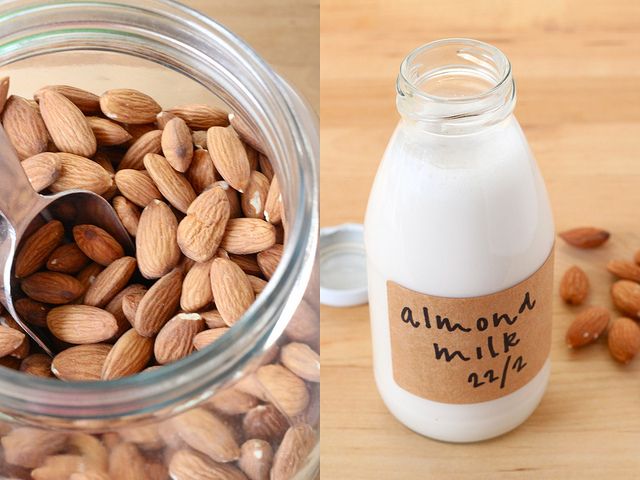 This is because our skin contains a type of cholesterol that will convert to vitamin D when exposed to sunlight.
This is because our skin contains a type of cholesterol that will convert to vitamin D when exposed to sunlight.
It’s important to keep in mind that this means exposure to UV-B radiation from the sun. So, your little one needs to be in the sunlight without sun protection to get vitamin D this way.
Those with darker skin tones will need more time in the sun because the melanin in the skin prevents the sun from getting to the cholesterol to make Vitamin D.
Taking your baby outside is a great start, but you need to make sure that they are not wearing clothing that protects them from the sun. Do not sit out in the sun long enough for them to develop a sunburn, either. There needs to be a nice balance.
Open The WindowsThe glass that is used to make windows provides a filter for the UV rays from the sun. This is why you can sit in front of a window to enjoy natural light without getting a sunburn.
Unfortunately, that also means that it isn’t going to help you produce Vitamin D, either.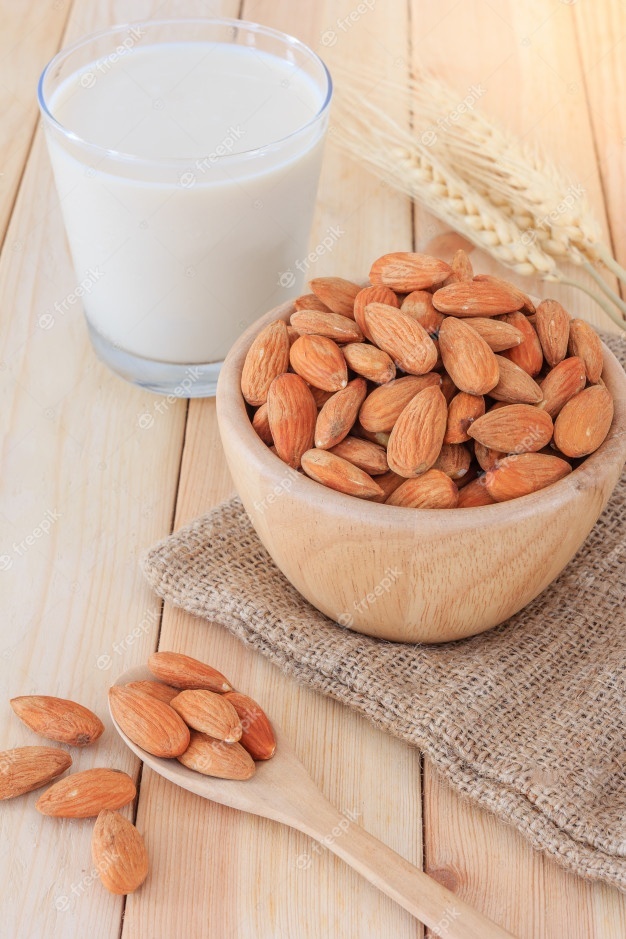
Once you open the window, you remove the filter so the UV rays can reach the skin. This is a great way to make sure that your body can produce vitamin D.
Vitamin D Rich FoodsThe further you live from the equator, the harder it is the get the sunlight that you need to produce an adequate amount of vitamin D. Fortunately, there are plenty of foods that can help your little one reach the daily recommended amount.
- Tuna
- Oysters
- Shrimp
- Mushrooms
- Egg yolks
Mushrooms and fortified foods are the best source of vitamin D for vegan families. Most of those that choose a vegan lifestyle opt for mushrooms and sunlight as a source of vitamin D.
FAQs
Can I give my six-month-old almond milk?
It’s recommended that babies do not have milk of any kind until they are a year old. It should never substitute breastmilk or formula.
However, it’s perfectly safe to give your baby a small amount of almond milk as they transition into the world of solid foods.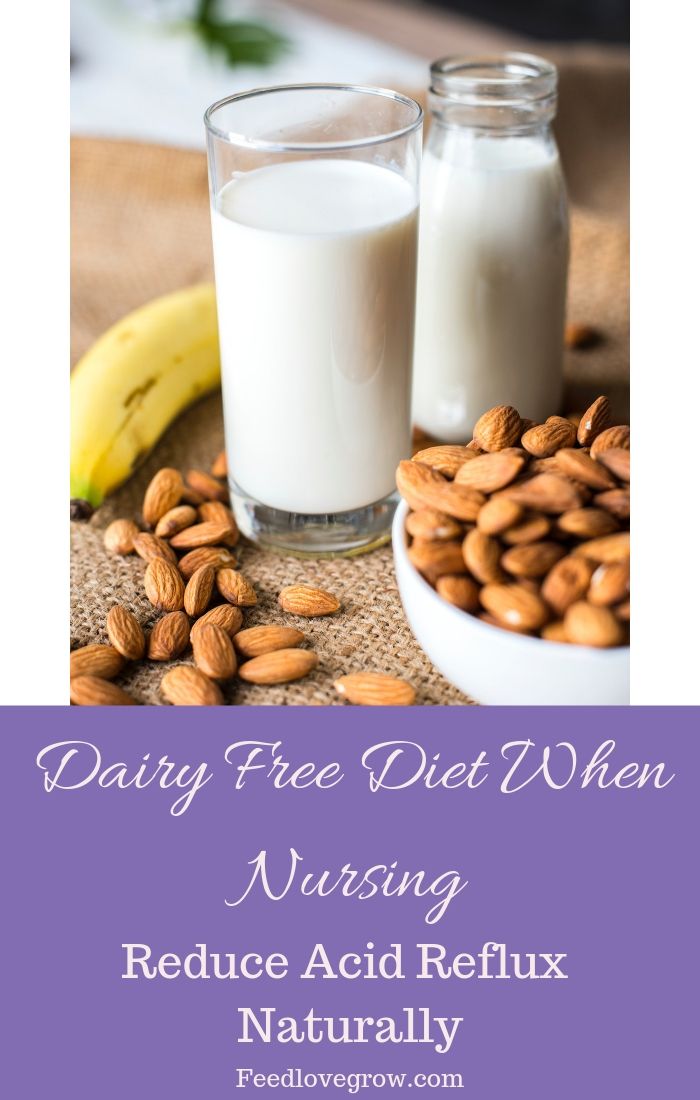 Make sure that it is not used as a replacement to avoid nutritional deficiencies.
Make sure that it is not used as a replacement to avoid nutritional deficiencies.
Can babies have almond milk in food?
Yes, they can, but wait until they are a year old. Before they hit that one-year mark, opt for formula or breast milk instead. Once they have their first birthday, you can give them almond milk.
Some babies prefer almond milk to cow’s milk! It’s packed with nutritional value, and most almond milks are fortified to make sure that they help babies be healthy.
Can I mix almond milk with baby cereal?
It’s not recommended to use almond milk, or any milk until your baby is one year old.
However, if you’re in a pinch and wind up with no formula, you can use a small amount of almond milk. I did this, and nothing bad happened to the little one. Try your best to avoid that situation, though.
In Conclusion
You should not use almond milk as a substitute for breast milk or formula before your baby is one year old. This can cause severe nutritional deficiencies.
However, once your baby is one, it is perfectly safe to give them almond milk. If you don’t have regular milk, and need something to give the baby or are curious if they will like it, a tiny bit once they are six months old won’t hurt.
Medical Disclaimer. All content and media on the MomInformed Website is created and published online for informational purposes only. It is not intended to be a substitute for professional medical advice and should not be relied on as health or personal advice.
Amber Dixon
My name is Amber Dixon. I am a mother to three wonderful children, and recently welcomed a beautiful grandson into the world as well as into my home. I've learned a great deal about raising children through my own experiences as a mother, but also from several other places. While working at a daycare full time, I learned about childhood development, teaching children, and more. Through earning degrees in Social Work, I was educated about human development, including a great deal about children and childhood development. My education and experience combined have taught me a lot about children of every stage and age, and I hope that I can help you on your journey to becoming the best parent that you can be!
My education and experience combined have taught me a lot about children of every stage and age, and I hope that I can help you on your journey to becoming the best parent that you can be!
Can children drink almond milk?
In this article we will analyze the main questions regarding the inclusion of almond milk in children's diet: from what age is it possible? in what cases is it useful? What's better than good old cow's milk?
Can children drink almond milk?
Almond milk is a drink made from unroasted ground almonds and water. Sometimes the composition may also include additional ingredients: various sweeteners, flavors (vanilla) and nutrients.
Almond milk is popular among those on a dairy-free diet for a variety of reasons. So, many parents choose it for children with lactose intolerance.
The frequency of daily consumption of almond milk for babies older than one year is 1-2 times - in the intervals between breastfeeding or taking other products.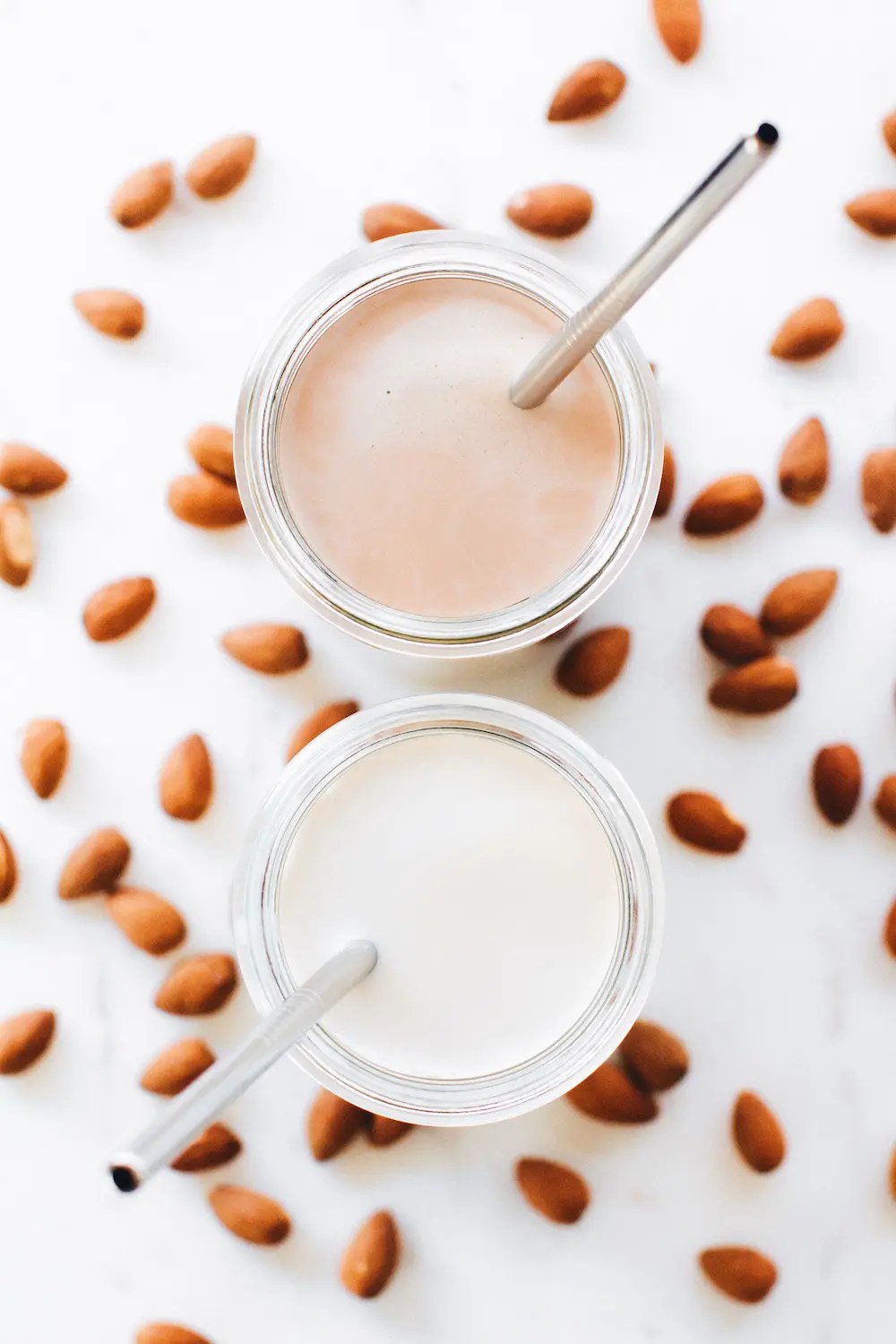
Almond milk can only be considered as a supplement to (and not as a substitute for) a baby as it is significantly "poorer" than breast milk or formula in terms of nutrients.
If you decide to give your baby almond milk, make sure that
- it contains a low percentage of sugar;
- it is enriched with calcium and vitamins A and D;
- children consume other forms of fat and protein.
Be sure to ask your pediatrician about additional ingredients in milk, such as flavors or thickeners.
It is also important to find out if the child has a nut allergy. If the baby's relatives have previously had a similar reaction, then you should refrain from introducing almond milk into the diet - until this issue is clarified with the pediatrician.
What is the difference between almond milk and cow's milk?
Cow's milk and almond milk have different nutritional profiles. So, for weaning babies aged 1 to 2 years from the breast, some pediatricians recommend whole cow's milk, since it is characterized by a high concentration of fats necessary for the intellectual development of the child.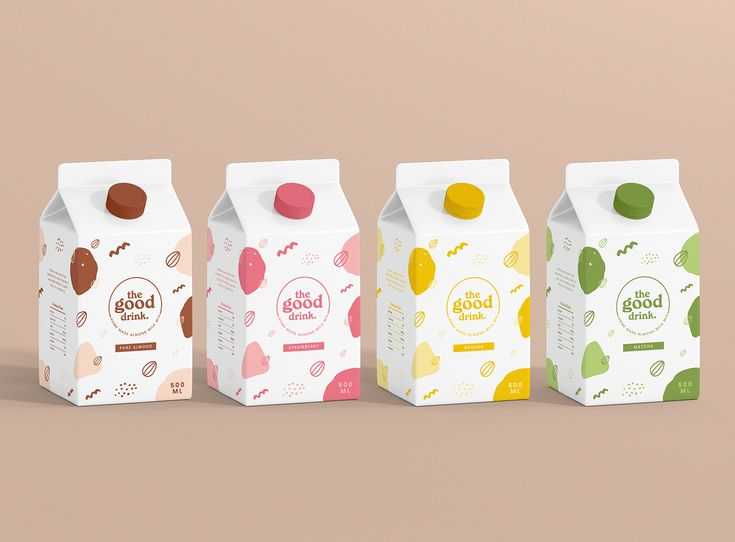 Judge for yourself: one glass of cow's milk contains about 8 grams of fat, while a glass of unsweetened almond milk has only 2.5 grams of fat.
Judge for yourself: one glass of cow's milk contains about 8 grams of fat, while a glass of unsweetened almond milk has only 2.5 grams of fat.
Cow's milk is also high in protein: a glass of whole cow's milk contains nearly 8 grams of protein, while a glass of fortified almond milk has only 1 gram.
Almond milk can only be considered as a complete replacement for whole milk in a child if the child compensates for the required amount of fats and proteins from other foods in the diet.
Cow's milk is also rich in natural sugars, unlike unsweetened almond milk. For children, unsweetened almond milk should be chosen, as sweetened varieties may contain more sugar than cow's milk.
In addition to these differences, these two types of milk are characterized by different vitamin composition.
A glass of cow's milk contains:
- 322 mg of potassium;
- 276 mg calcium;
- 205 mg phosphorus;
- 105 mg sodium;
- 395 IU vitamin A;
- 124 IU vitamin D.

A glass of unsweetened almond milk contains:
- 482 mg calcium;
- 189 mg sodium;
- 176 mg potassium;
- 24 mg phosphorus;
- 499 IU vitamin A;
- 101 IU vitamin D.
Other milks for children
If almond milk is not suitable, you can choose other vegetable milks, for example:
- coconut milk;
- rice milk;
- hemp milk;
- soy milk;
- oat milk.
Before buying plant-based milk, be sure that it is fortified with vitamins and minerals and does not contain a lot of sugar.
Disadvantages of almond milk for babies
Almond milk fortified with vitamins and minerals can be considered as a supplement to the diet of a baby over 1 year old. However, the following points should be considered:
- additional ingredients such as thickeners and sweeteners are harmful to the child;
- due to the low content of fat and protein in almond milk, the baby needs to compensate for these substances in other products;
- Children can develop food allergies, so always consult your doctor before adding almond milk to your diet.

It is worth taking into account that after the children are one year old, the maximum daily dose of any milk (except for breast milk) should not exceed 470-700 ml - depending on the individual characteristics of the child.
It is important that after one year of age, babies get most of their vitamins from food and not from fluids.
Total
Adding one or two servings of fortified almond milk per day to a well-balanced baby's diet is a safe alternative to cow's milk. However, pediatricians do not recommend introducing cow's, almond or any other plant-based milk to children under one year old.
On the Vikids platform you can:
Subscribe to Vikids news at Facebook!
Registration
Share on your timeline
'+ '
' + '
'+ '
Is it safe for children to drink almond milk?
-
Vegetarian discounts
-
Our newspaper
-
Events and activities
-
Repost
For adults, almond milk can be a good alternative to cow's milk, but developing children have different nutritional needs.
 We will figure out whether to give children almond milk.
We will figure out whether to give children almond milk. Most doctors are of the opinion that children under the age of 1 year should drink breast milk, and if this is not possible, infant formula based on milk or soy.
Experts advise giving other types of milk - including almond milk - only to children over 1 year of age, as breast milk and formula contain a specific nutrient profile necessary for the successful development of a newborn baby.
Almond milk can be safely given to most babies over 1 year of age, but even at this age it should not be used as a substitute for breast milk or infant formula.
In general, almond milk can be a healthy substitute for cow's milk, but there are some nutritional differences to consider.
Can children drink almond milk?
Children over 1 year old can be given almond milk once or twice a day between periods of breastfeeding or eating other foods.
Almond milk contains crushed almonds and water.
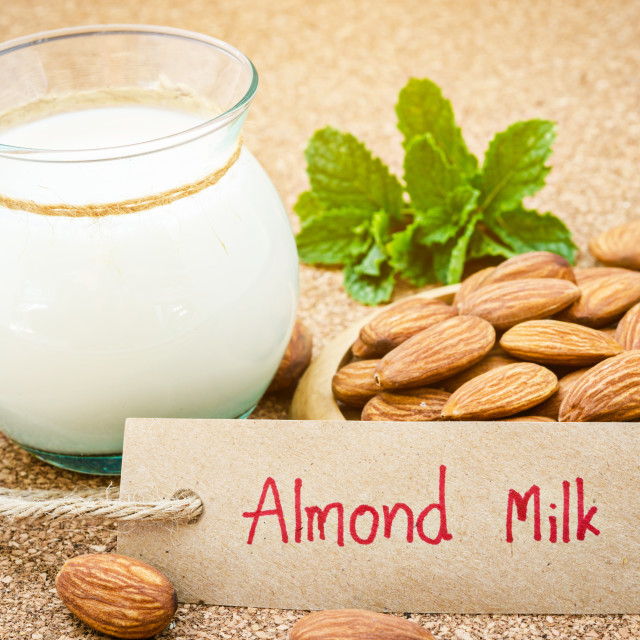 Some manufacturers add other ingredients such as thickeners, sweeteners, and flavors, as well as nutrients such as vitamin A, vitamin D, and calcium.
Some manufacturers add other ingredients such as thickeners, sweeteners, and flavors, as well as nutrients such as vitamin A, vitamin D, and calcium. Almond milk may be a safe addition to a baby's diet, but no milk compares to breast milk or infant formula in terms of nutrients.
Almond milk should not be used to replace breast milk or formula milk as developing babies need certain vitamins and nutrients that these types of milk provide.
If you are using almond milk to supplement your baby's diet, make sure it is low-sugar or unsweetened milk, that it is fortified with calcium and vitamins A and D, and that the baby is also consuming other forms of fat and protein.
It is also important to find out if the child has a nut allergy. If the child's next of kin has it, it is best to avoid nuts and consult a pediatrician before introducing any type of nut milk into the child's diet.
What is the nutritional value of almond milk compared to cow's milk?
Nutritionally, cow's milk and almond milk differ markedly.
 Some doctors recommend using whole cow's milk for weaned babies between the ages of 1 and 2, as it contains a high concentration of fat.
Some doctors recommend using whole cow's milk for weaned babies between the ages of 1 and 2, as it contains a high concentration of fat. One cup of whole milk contains about 8 grams of fat, which is essential for brain development in a developing baby. In comparison, unsweetened almond milk contains only 2.5 grams of fat.
According to the same report, cow's milk also contains more protein than almond milk, with 1 cup of whole milk containing nearly 8g of protein, while 1 cup of fortified almond milk has only 1g of protein.
However, if fats and proteins are present elsewhere in the child's diet, almond milk may be a suitable whole milk replacement for young children.
Cow's milk contains more natural sugars than unsweetened almond milk. Choose unsweetened almond milk, as sweetened and flavored options may contain more sugar than cow's milk.
After a child is 1 year old, milk of any kind should only supplement their diet and should not replace other whole foods.
